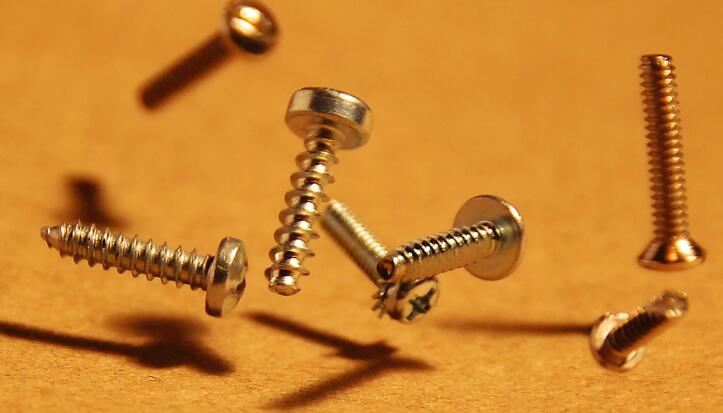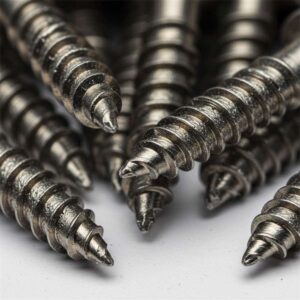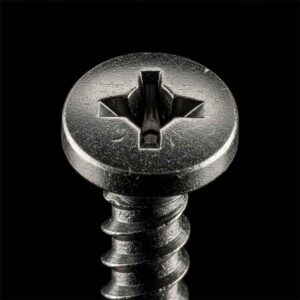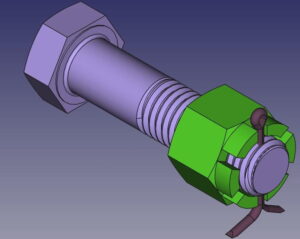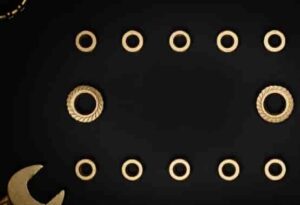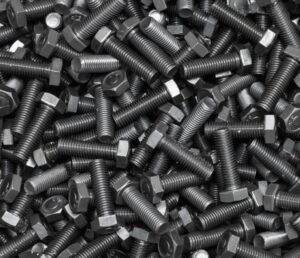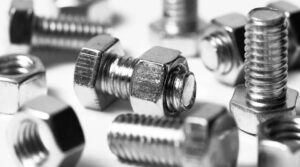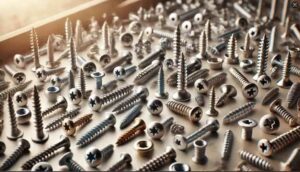How to Choose the Right Custom Fasteners
Fasteners have become an essential part of every machine, structure, and product in today’s world, holding parts together for structural integrity and connection of final products. Hence, it is crucial to get the right type of fastener for use to prevent failure of its assembly, lessen the chances of expensive repairs, and provide ultimate safety and security. There are several factors to consider of choosing the right custom fastener for the project, it includes the size, shape, material, type, finishing/coating, and others.
Many fastener applications nowadays require the most hybrid demands and needs because of their complexity, fortunately, fastener manufacturers are capable of meeting such challenges to deliver the best solutions often made as custom fasteners. Custom fasteners have a variety of characteristics that depends on the application’s needs and are made to suit accurately its conditions such as weather, environment, and temperature.
Let’s find out more about how to choose the right custom fastener accordingly to important factors in consideration in this article.
The Key Factors to Consider in Choosing Custom Fasteners
Fastener Material
From its manufacturing form or process, custom fasteners are firstly made of various types of metal materials that have their unique properties and advantages. The fastener material will affect the effectiveness and functionality of the fastener in use. Some of the general types of fastener material are the following:
Metal: The most common material for fasteners that has various available kinds such as steel, stainless steel, carbon steel, aluminum, titanium, brass, and copper. Metal fasteners are known for their superior features in strength, durability, and corrosion resistance. Each kind of metal has its unique properties that can suit different concerns in temperature or environment. For example, stainless steel is ideal for off-shore plants because it can withstand rust and saltwater, while aluminum fasteners are lightweight and resistant to corrosion which is mostly used in the aerospace industry.
Plastic: Fasteners made of plastic are a common choice for their qualities like lightweight, non-conductive, and corrosion-resistant. They are ideal for applications requiring non-conductivity like electrical circuits, and usage for lightweight issues like medical equipment.
Fastener Type
There are types of fasteners that are made for specific requirements of different applications. To determine the right custom fastener type for the project you should consider the needs of use since each type proposes a different function.
Screws: One of the traditional types of fasteners is screws, they have a threaded body, head, and sharp drill point or tips as they are mostly used in wood surfaces. Screws have various types and sizes such as wood screws, machine screws, self-tapping screws, concrete screws, and more. Their main function is to hold materials securely thus their wide usage in construction, appliances, furniture, and electric gadgets.
Bolts: Bolts are often confused with screws but their main difference in physicality would be their tips, unlike screws bolts have a blunt tip that is designed to match the nuts. They cannot function alone without a tightening component placed on the other end such as nuts or washers. The main use of bolts is to keep two materials together intact and functioning effectively. Hence, it is a popular choice in the automotive industry, machinery, and infrastructures like bridges and railways.
Nuts: Nuts are visually different from other fasteners because of their round or hex shape. They are used together with screws and bolts to provide tightness and security. The different types of nuts include hex nuts, wing nuts, cap nuts, and lock nuts.
Washers: Another component used along with bolts or screws are called washers. Washers help to evenly distribute the load received of the fastened materials to prevent damage such as breakage and failure.
Fastener Finishing
Finishing also known as coating is usually the last process before the final form of fasteners. It refers to adding another layer of protection on the surface of the fastener for corrosion resistance, aesthetic requirements, and survival in environmental conditions. Here are some of the common types of fastener finishing for custom fasteners;
Zinc Plating: Refers to the process of electrodeposition of a thin coating of zinc on another metal such as the fastener. The zinc coating provides a physical barrier that prevents rust and corrosion to reach the underlying surface of the fastener.
Galvanizing: A method of coating the fastener a layer of protective zinc against extreme corrosion and harsh environment.
Black Oxide: This finish provides a decorative black appearance usually seen in drywall screws, improving its corrosion resistance.
Nickel Plating: This finish provides durability and good corrosion resistance for harsh environments that require wear resistance and hardness.
Fastener Needs
Once all other features of the custom fasteners are determined for the project there are further factors that can affect its success and effectiveness in the assembly. The considerable factors include the application, load capacity, fastener sizes, and environmental conditions. Knowing the applicable type of custom fastener according to these factors can help determine the best solution that can meet its requirement.
High-quality Custom Fasteners From Prince Fastener: A Reliable Supplier and Manufacturer of Industrial Fasteners
Prince Fastener has a rich experience of over 30 years in manufacturing industrial parts and fasteners for different organizations around the world. The company has provided millions of high-quality solutions for a wide range of industry applications. With the aid of advanced technology and equipment, Prince Fastener has never failed to deliver satisfaction and excellence in every product and service offered.
Contact us today, and let us help you find the accurate custom fasteners for your needs and requirements of the project!
